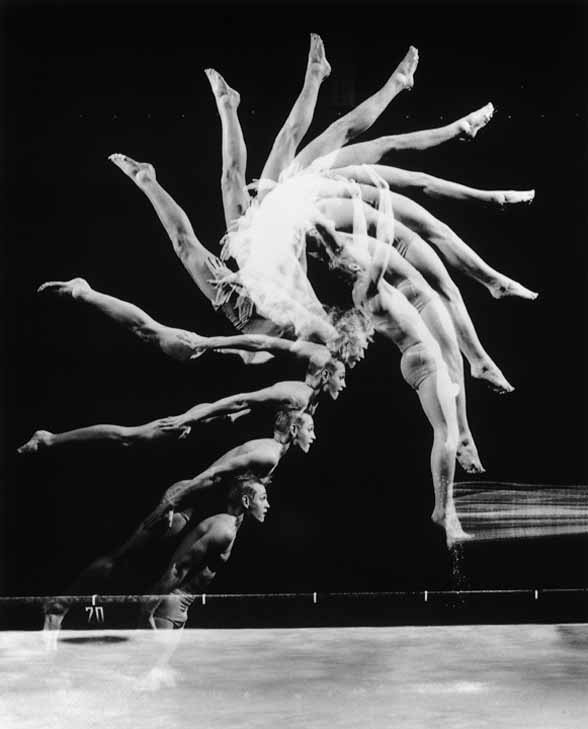Physics 200 Syllabus · Fall 2014

Office Hours: TR 2-4 pm, and by appointment; G051 or 1038
Lab: 1-4pm M or T, G030-032; Dr. Don Bunk, dbunk@hamilton.edu
1-4pm W, G030-032; Dr. Adam Lark, alark@hamilton.edu
Text: Fundamentals of Physics, Extended, Halliday, Resnick, & Walker. 10th edition. This is a required text and is your primary resource for the course. Additionally, the Blackboard site will be an important resource which you should check regularly.
Grading Scheme: Homework: 20 %
Exams: 20 % each
Lab: 20%
Final: 20%
Topics Covered: We will cover the standard material for a first semester introduc- tory course on classical mechanics. This includes order of magnitude analysis, vectors, kinematics in one and two dimensions, Newton’s laws of motion and gravitation, con- servation of energy, momentum, and angular momentum, rotational dynamics, fluid dynamics and thermodynamics. See itinerary for approximate dates of coverage.
Purpose: Physics is a problem-solving discipline, and physicists are very good at solv- ing all types of problems; for example it was physicists who finally determined the double helix structure of DNA, and that dinosaurs likely became extinct as a result of a meteorite impact. This class is about introductory physics but also how to think like a physicist. Even if you plan to work in some area that does not directly involve concepts or equations from physics, the analytical skills developed in the context of introductory physics are useful in many different disciplines as well as everyday life.
Policies & Expectations:
(i) Attendance: Attendance in lecture is recommended but not required. (Note, however, that attendance in lab is required.) If you miss lectures regularly and are doing poorly in the course I will suggest that you start attending lecture.
(ii) Laptops, etc: Laptops, cell phones, tablets, etc. are not allowed in lecture. If you wish to take notes it should be on paper by hand. If this poses any difficulty for you please let me know and we can find a solution that suits your needs. Attempts to use technology surreptitiously are not appreciated. Please refrain from use or do not come to class.
(iii) Etiquette: Physics can be a challenging subject for many. You are asked to maintain a respectful attitude in lecture and in lab.
(iv) Academic Integrity and Manifesto on Solutions Manuals: Hamilton has an aca- demic honor code to which you have pledged allegiance in order to be a student here. You must include a signed statement on each homework assignment declaring that your work is consistent with said code; for example ‘I have adhered to the honor code on this assignment. Your Name’.
Collaboration on problem sets is highly encouraged and you do not need to cite the names of the people you work with if they are fellow students. However each person must submit their own assignment and it should reflect their own efforts and understanding. Do not blithely copy someone else’s work.
It is a bit unfortunate that solutions manuals can be found online these days. My policy on their use is as follows (and was discussed in detail on the first day of class): you are free to use any book, website, or person to help you solve a problem, but you must cite your sources. This includes the solutions manual if you have used it. You do not need to cite the book, me, your lecture notes, tutors at QSR, or anything that is commonly known. Keep in mind that you will not be able to use outside resources on exams. My assumption is that whatever resources you employ, your focus will be on learning how the problem is solved analytically. The point of doing homework problems is to develop problem-solving skills; having equations memorized or knowing how to use google will do you no good when it comes to taking exams. To best prepare yourself and get the most out of this course, you should complete all homework assignments with veracity. Also, the solutions manual for this course has the occasional egregious typo and/or obtuse method for solving problems, your work will be flagged by the graders if it contains either of these; if you use a solutions manual or other resource without citation it will be considered a violation of the academic honor code.
Finally, if you are stuck on a problem, please come see me during office hours or make an appointment! I would be happy to help you with it. There are also excellent tutoring services available through the QSR Center in Christian Johnson Hall.
Accommodations:
I request that anyone needing academic adjustments or accommo- dations speak with me during the first two weeks of class. All discussions will remain confidential. Students with disabilities should also contact Allen Harrison, Associate Dean of Students for Multicultural Affairs and Accessibility Services in the Office of the Dean of Students (Elihu Root House; ext. 4021) who coordinates services for students with disabilities.
